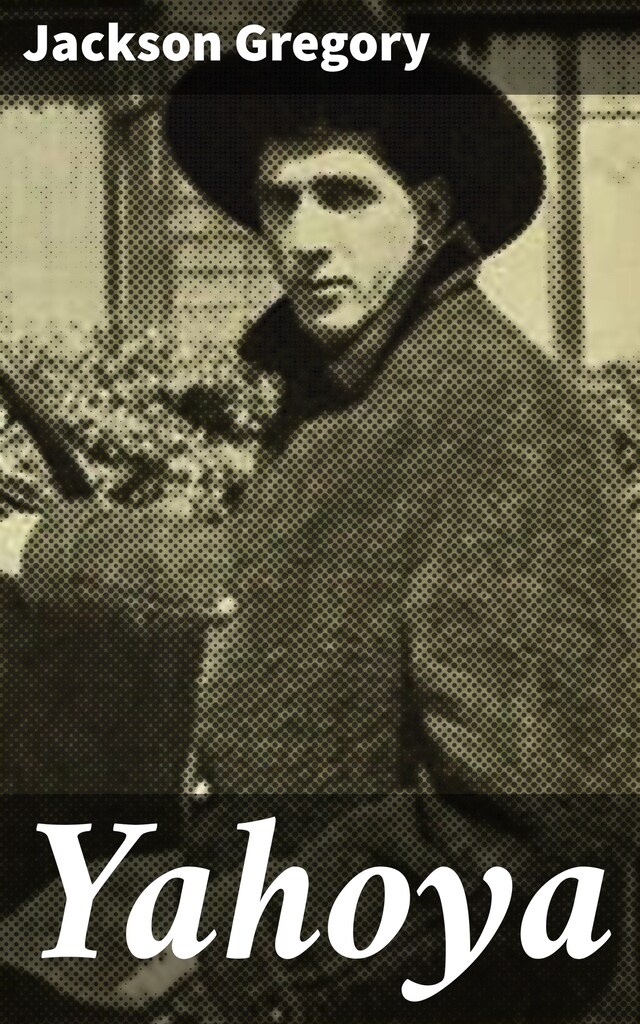
Yahoya
Journey through the Wild West frontier in a tale of conflict, survival, and redemption
Om bogen
In "Yahoya," Jackson Gregory masterfully weaves a narrative that interlaces the themes of cultural identity and the struggles of human existence in the American West. Set against the backdrop of rugged landscapes and vibrant Native American heritage, the prose is imbued with poetic realism, reflecting Gregory's keen observation of life and his deep appreciation for folklore. The dialogue resonates with authenticity, enhancing the vivid portrayal of characters who navigate their intertwined destinies in a land steeped in both beauty and challenge, positioning Gregory'Äôs work in a broader context of early 20th-century literature that sought to explore the complexities of American identity. Jackson Gregory, an author notable for his vivid depictions of the American frontier, was influenced by his own experiences in the West. Born in 1882 in a rural setting, he understood the intricacies of frontier life, which profoundly shaped his storytelling. His works often echo a longing for connection to a landscape fraught with historical and personal significance'Äîqualities that are particularly evident in "Yahoya," which reflects his admiration for indigenous cultures and their narratives. "Yahoya" is a compelling read for those fascinated by the interplay between nature and humanity. It offers profound insights into identity and belonging while engaging readers with its lyrical prose. Scholars, students, and lovers of Western literature will find this novel an essential addition to their collections, illuminating the resilient spirit of characters within the rich tapestry of American life.
 Jackson Gregory
Jackson Gregory 142 Sider
142 Sider